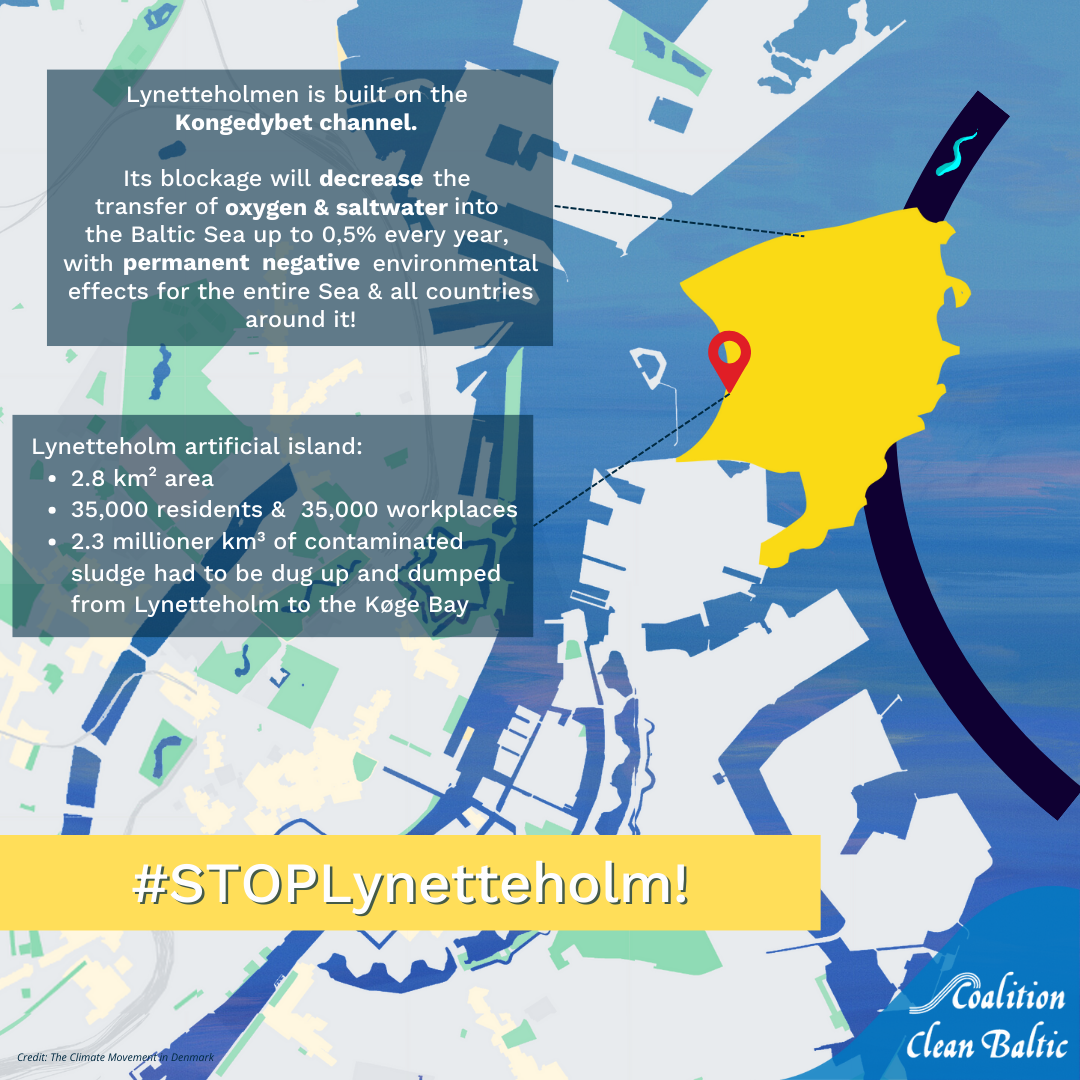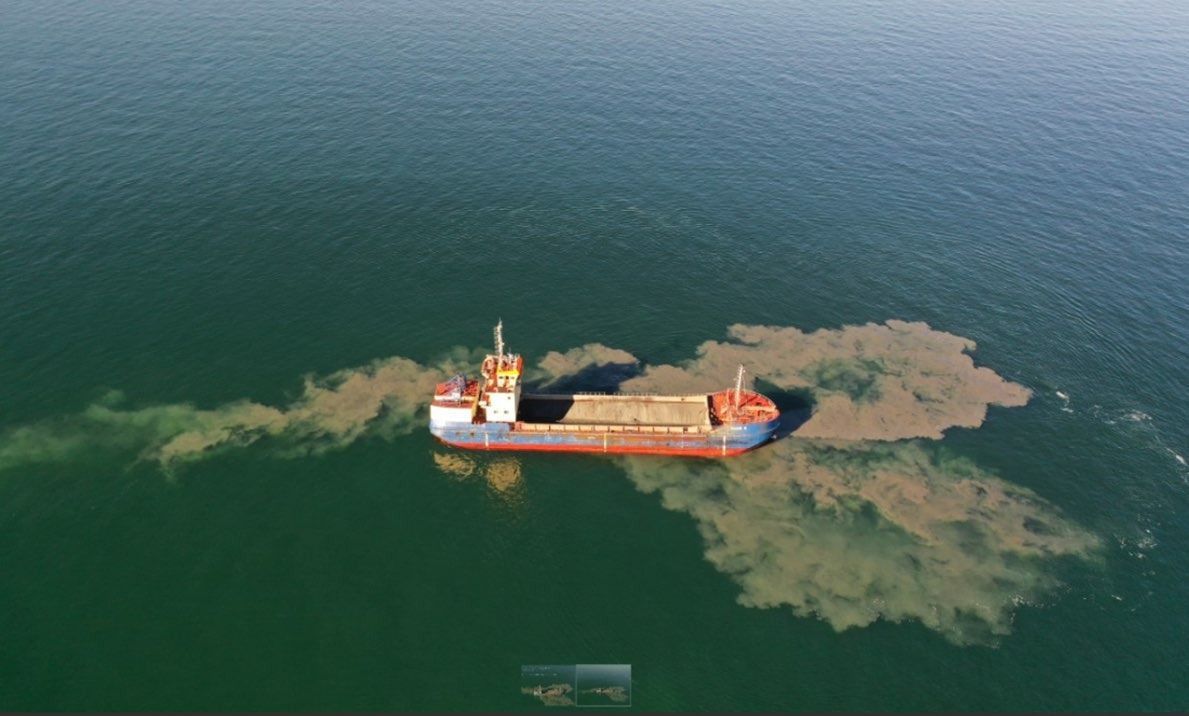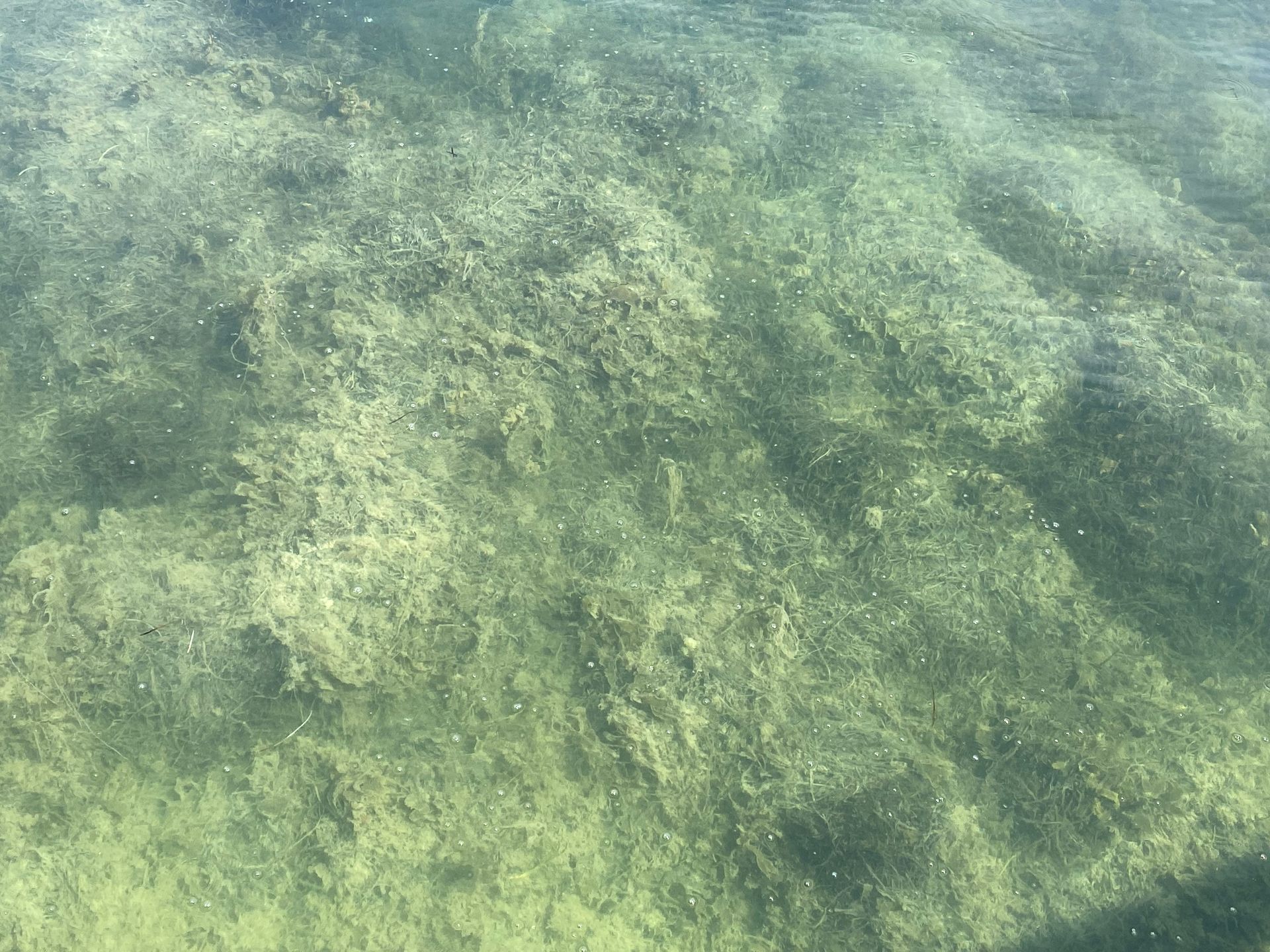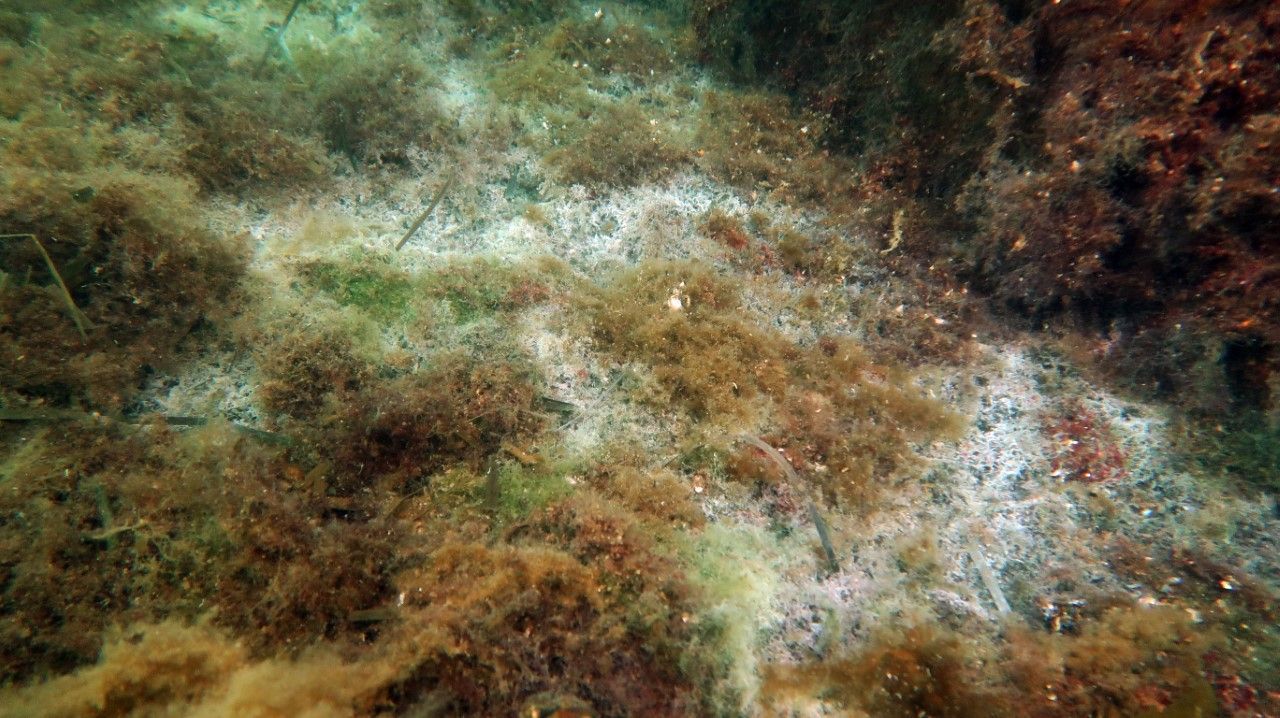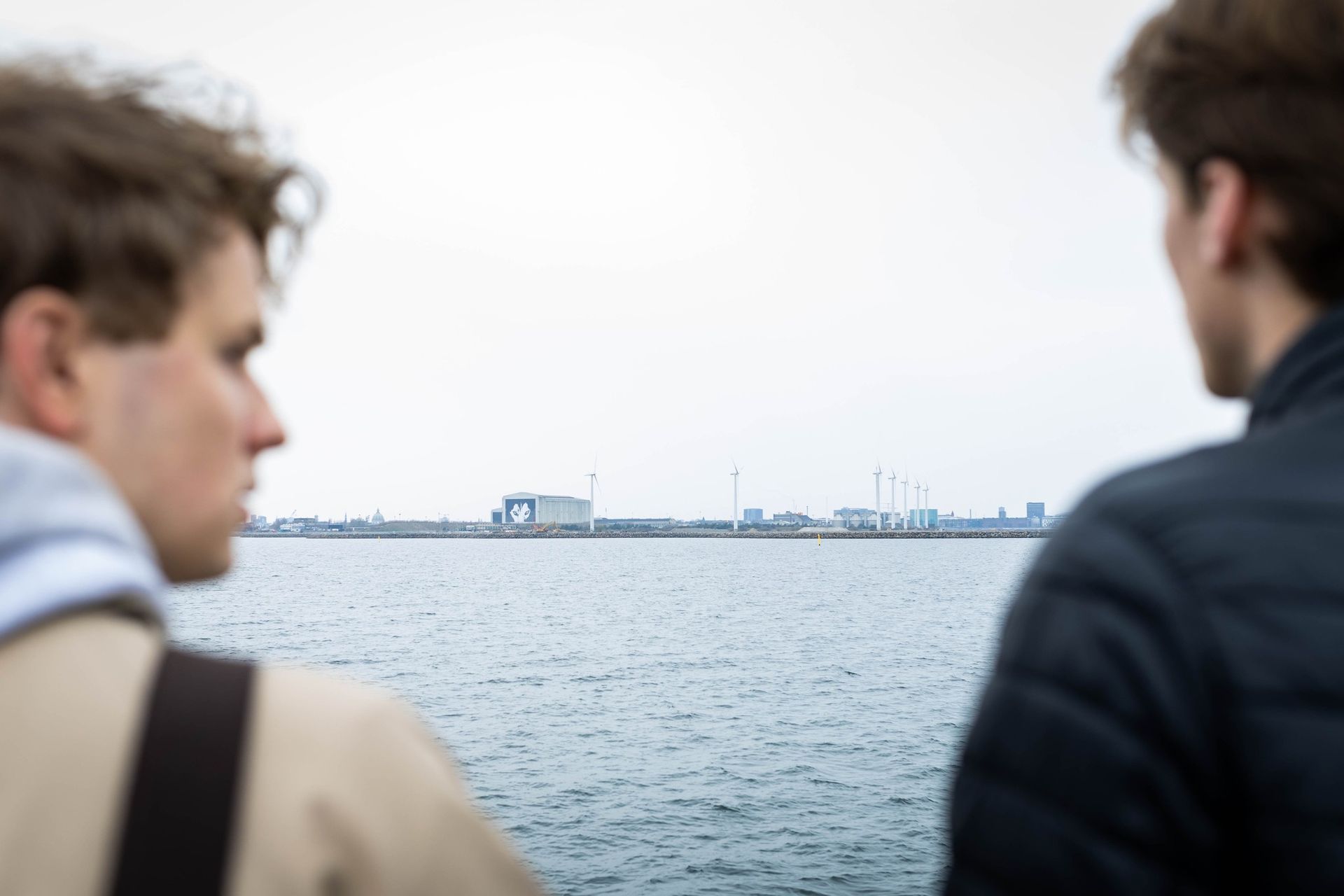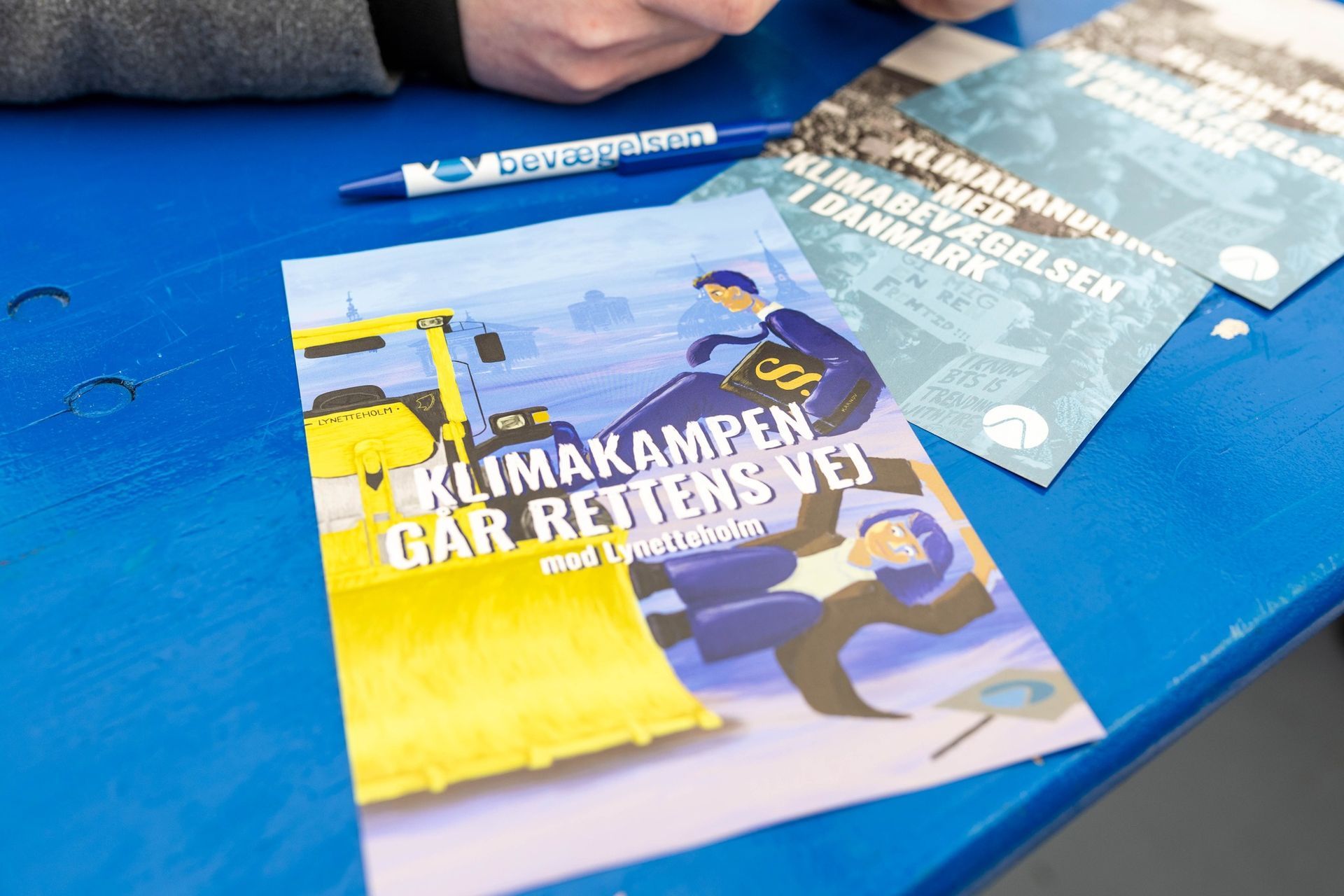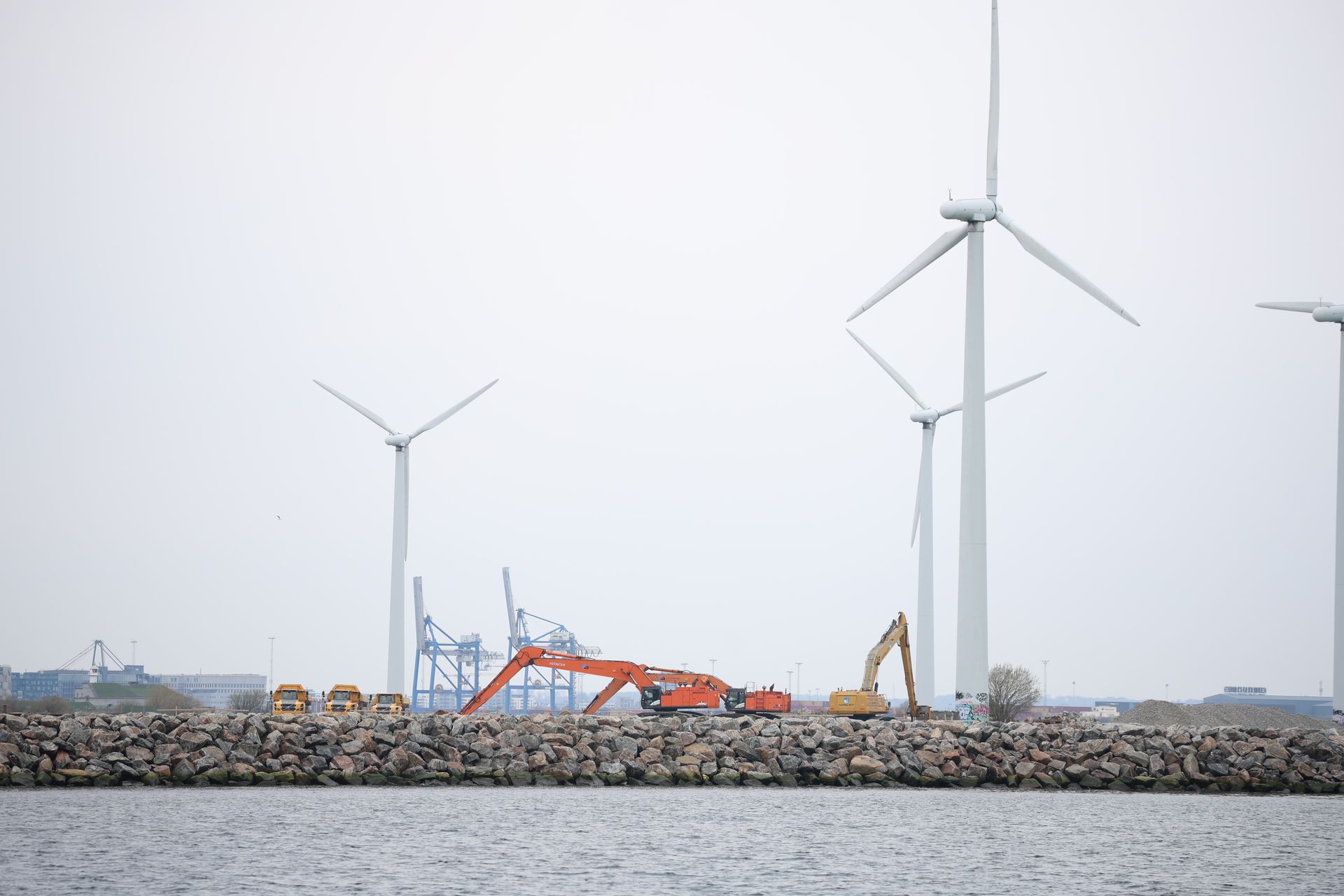STOP Lynetteholm!
The unilateral Danish adoption of the Lynetteholm project breaks with decades of good cooperation between the Baltic Sea countries on the Baltic Sea environment. This is why the project will have to be stopped until all relevant countries are consulted.
Photo: Ariel Storm / the Climate Movement in Denmark

WHY LYNETTEHOLM
MUST BE STOPPED?
Salt-water flow
The construction of this artificial island may block the flow of oxygen rich salt water to the Baltic Sea. This project could cause irreversible effects on the Baltic Sea.
Espoo Convention
The Espoo Convention requires that all countries by transboundary activities should be consulted, but only Sweden has started the process with Denmark so far.
Environmental ecosystems
There are also concerns among environmentalists about the movement of sediment at sea and the possible impact on ecosystems and water quality.
In 2021 the majority of the Danish Parliament adopted a Construction Act which allowed the constructor By & Havn and the Ministry of Transport to start the Lynetteholm project: an artificial island that will provide a new residential area for 35,000 inhabitants and 35,000 workplaces.
This Construction Act was adopted even though the Swedish Minister of Environment and Climate had sent a protest letter to the Danish Minister of Environment. Despite Swedish criticism and without consultation of all the Baltic Sea countries, the project was approved.
In the same year, an Executive Order was introduced, nullifying the environmental laws in place and preventing complains.
The only way for citizens, municipalities and associations to be heard is to raise a case in the national Danish courts.
The Baltic Sea is brackish water and only receives oxygen rich salt water from the Atlantic Ocean through the 3 Danish seas: Øresund, Great Belt and Little Belt. The construction of the artificial island may have a significant influence of the vital salt-water flow through the Øresund to the Baltic Sea.
Even small changes in the saline water flow to the Baltic Sea will affect the entire Sea & all countries around it!
Therefore, the Lynetteholm project can have significant, irreversible, negative environmental consequences for the Baltic Sea.
Regardless of the consultation responses and environmental concerns, the ongoing Espoo negotiations and the Danish Climate Movement's lawsuit, the construction of Lynetteholm continues.
BALTIC YOUTH: "OUR FUTURE IS AT STAKE"
Environmental and youth NGOs from 11 countries of the Baltic Sea Region representing over 1,500,000 citizens sent a letter to the Danish Minister of Transport, Thomas Danielsen, and the Danish Minister of Environment, Magnus Heunicke, expressing their deep concern about the Lynetteholm project.
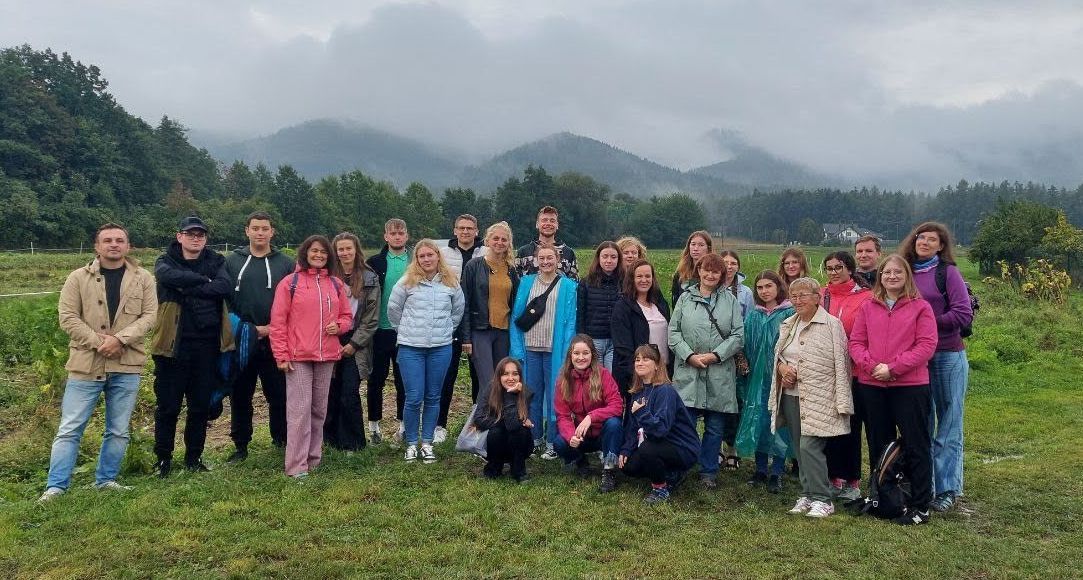
Our Common Baltic Course, October 2023.
Young students in ecology, sustainable development, biology, environmental and impact assessment from Germany, Poland, Estonia, Check Republic and USA. The participants were deeply touched by the Lynetteholm case as they care about the Baltic Sea and want it to be protected by common efforts.
Credit picture: Coalition Clean Baltic
Share
OUR ACTIONS TO STOP LYNETTEHOLM
HOW CAN
YOU
HELP?
1.
Spread the word!
With local & national media, your friends, family and local climate and/or environmental groups/NGOs.
Share
2. Write & send an email to Danish Ministers asking to stop the project! Download the draft letter and emails.
READ & SHARE THE FULL
WARNING
of STIIG MARKAGER
Aarhus University, Professor of marine ecology and biogeochemistry
"Denmark has a crucial responsibility for both the salinity and the environment of the entire Baltic Sea."
USEFUL RESOURCES
CCB DOCUMENTS
- Letter to the Danish Minister of Environment (June 2024).
- Reply from the Ministry of Environment of Denmark to our letter &
Annex I
(March 2024).
- Letter to Baltic EU MS, EC and Espoo Convention
(February 2024).
- Youth letter to the Danish Ministers for transport and the environment (October 2023).
- Call for action submitted to the HELCOM HOD Informal consultation session (June 2023).
- Concerns submitted to the HELCOM Informal consultation session
(March 2023).
- NGOs letter to the Danish Parliament, the European Commission & the Members of the European Parliament
(2022).
- Letter to the Danish Ministers, the European Commission & the Baltic Sea Parliamentary Conference (2021).
MATERIALS
- Presentation and letters on the Lynetteholm project
(Danish Society for Nature Conservation, 2023).
- Letter (EN; SE) from the Swedish Espoo point of contact on behalf of six Swedish authorities (May 2023).
- Letter (EN; SE) from Per Bolund, the Swedish Minister of environment and Climate sent to the Danish Minister of Environment (2021).
- Danish Construction Act (2021).
- Danish Executive Order (2021).
MEDIA COVERAGE
About 'zero solution' principle
- Article on DR (Denmark, 2024)
- 2nd article on DR (Denmark, 2024)
- Danish radio coverage - from 10:15 (2024)
About Lynetteholm's project
- Article
on the Lynetteholm project from the Climate Movement in Denmark
(2023).
- Article
on TIME on the Lynetteholm project
(2023).
- Article
on Sweden's protest and concern
(2022).
- Article on CNN (2023)
About our letter
sent to the Danish Minister of Transport
- Article in Byrumsmonitor (Denmark, 2023)
- Large feature story in Süddeutche Zeitung
(Germany, 2024)
We continue to act, do you want to know more?
We work in the entire Baltic Sea region with different projects, programmes and campaigns.
Click the button below to discover what is going on and how you can help.
